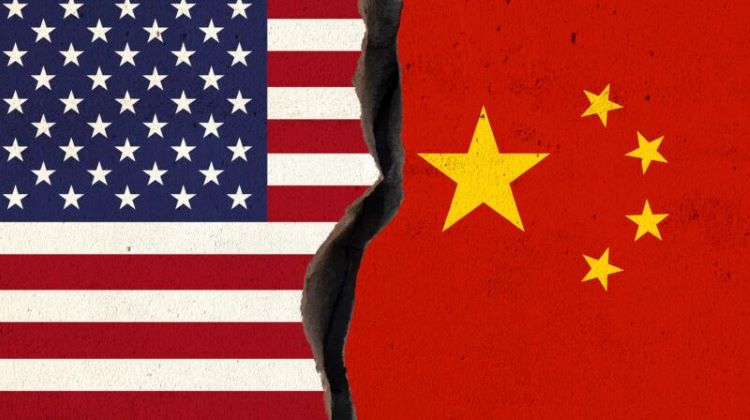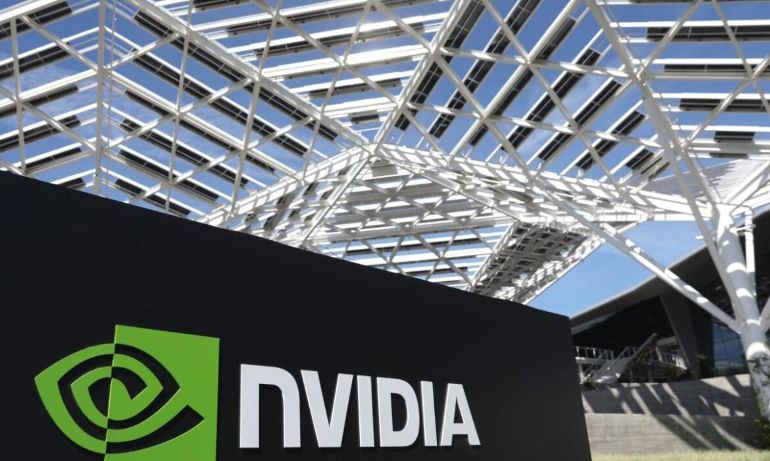Nandini Roy Choudhury, writer
Brief news
- Intel has lost 60% of its value this year, struggling with the AI market and expanding U.S. manufacturing, while seeking support from Commerce Secretary Gina Raimondo.
- CEO Pat Gelsinger criticized U.S. reliance on Taiwan Semiconductor Manufacturing, prompting Raimondo to discuss the importance of domestic chip production with investors.
- Intel plans to restructure its operations, potentially separating its design and foundry divisions, as it faces declining market share and a significant workforce reduction.
Detailed news
This year, Intel has experienced a significant decline in value, losing 60% of its value. The company is currently grappling with the challenges of the burgeoning artificial intelligence market and is aggressively expanding its manufacturing facilities in the United States. The organization is seeking assistance from Commerce Secretary Gina Raimondo.
During a recent meeting with Raimondo, Intel CEO Pat Gelsinger expressed his dissatisfaction with the significant dependence that U.S. companies have on Taiwan Semiconductor Manufacturing, the world’s largest contract semiconductor company.
Raimondo subsequently met with a small number of public market investors to emphasize the significance of chip manufacturing in the United States, in light of the increasing geopolitical risk surrounding Taiwan, according to individuals who were familiar with the matter but declined to be identified due to the confidentiality of the discussions. According to sources, Raimondo’s objective was to compel shareholders of companies such as Apple and Nvidia to acknowledge the economic advantages of having a U.S. foundry capable of manufacturing AI processors.
Intel is in the process of expanding its operations in four U.S. states in order to transition to a foundry business, which involves the production of semiconductors for other suppliers. Intel was granted up to $8.5 billion in CHIPS Act funding by the Biden administration earlier this year and has the potential to receive an additional $11 billion in loans from the legislation, which was passed in 2022.
The funds have not yet been distributed. Disbursements are anticipated to be completed by the conclusion of the year, according to a senior government official who spoke with CNBC.
Intel is falling behind in the microprocessor market, which is why this initiative is becoming more critical. In addition to losing market share in its primary PC and data center market to competitors such as Advanced Micro Devices, Intel is not a significant player in AI, where Nvidia is the market leader.
Sources with knowledge of the matter have indicated that Intel’s foundry initiative has been impeded by delays. TSMC is also constructing a foundry in Arizona and has encountered comparable challenges.
Intel’s spokesperson declined to provide commentary, as did the U.S. Commerce Department.
According to individuals with knowledge of the matter, Intel’s board is convening this week to deliberate on the company’s restructuring strategies, which may involve the separation of its design division from its foundry. David Zinsner, the Chief Financial Officer of Intel, stated to investors at a conference last week that the division of the businesses was logical.
Zinsner stated, “I anticipate that we will establish a greater degree of separation between these two entities.” “It is crucial for customers to observe the distinction.”
Intel’s earnings report from last month revealed that its profit and revenue fell short of analysts’ expectations. Additionally, the company announced that it would be reducing its workforce by 15%. The stock’s worst day in 50 years occurred following the report, as it plummeted to its lowest level in more than a decade.
Nearly all of Nvidia’s state-of-the-art processors are produced at TSMC, which is also a significant manufacturer for AMD, Apple, and Amazon. Broadcom and Google. For years, there has been a growing apprehension that China may invade Taiwan, thereby posing a significant threat to the U.S. semiconductor industry.
At the Goldman Sachs Communicopia conference on Wednesday, Nvidia CEO Jensen Huang was questioned regarding the geopolitical risk associated with Taiwan and his response in the event of an incident.
Huang stated, “We have the capacity to make the transition from one fab to another if necessary,” during a conversation with Goldman Sachs CEO David Solomon. “We will be unable to achieve the same level of performance or cost; however, we will be able to supply the necessary resources.”
Source : CNBC News




